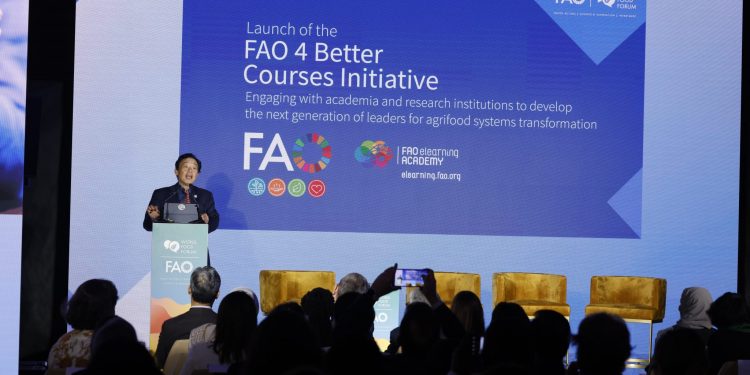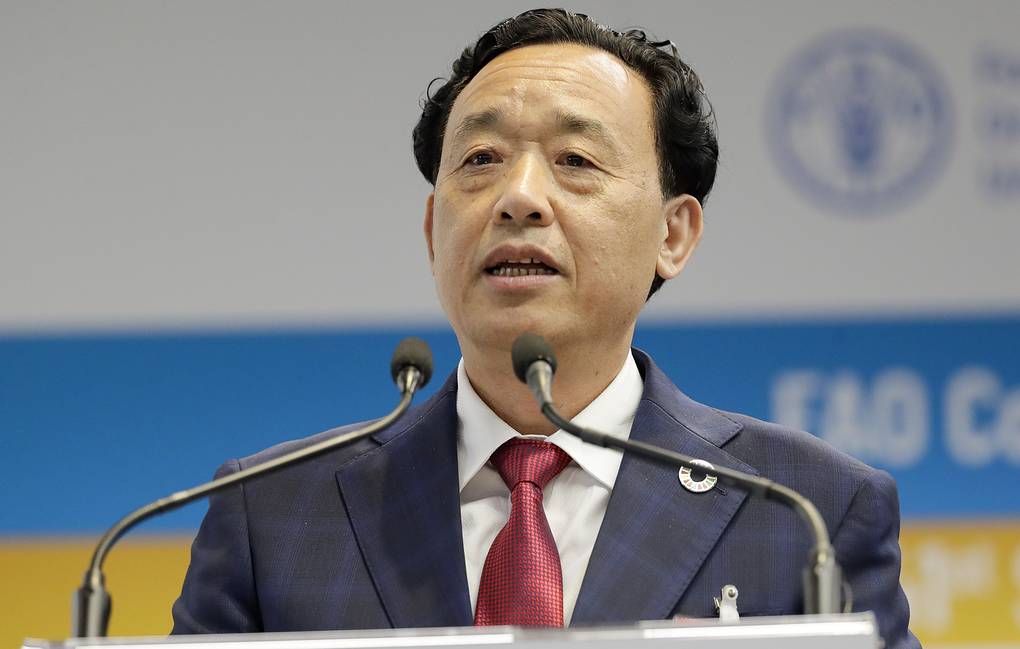The Food and Agriculture Organization of the United Nations (FAO) has unveiled a new initiative, the FAO Four Betters Courses, aimed at fostering partnerships with universities worldwide to enhance education and innovation in agrifood systems. This initiative, launched during the World Food Forum, will leverage FAO’s e-Learning Academy and existing resources to enrich university curricula and equip students with the knowledge to address the complex challenges of modern agrifood systems.
At the launch, FAO Director-General Qu Dongyu emphasized that the “Four Betters” – Better Production, Better Nutrition, Better Environment, and Better Life – serve as the guiding principles of FAO’s **Strategic Framework 2022–2031, aligning with the 2030 Agenda for Sustainable Development.
Key Highlights of the Initiative:
1. Partnerships with Academia: The Four Betters Courses initiative aims to strengthen FAO’s collaborations with academic and research institutions, promoting a holistic approach to education that integrates well-being alongside traditional academics.
2. Enhanced Curricula: The initiative will enrich university programs by incorporating FAO’s publications, multilingual e-learning courses, and key resources, providing students with a comprehensive understanding of sustainable agrifood systems.
3. Global Impact: By aligning educational content with FAO’s global objectives, the initiative seeks to amplify FAO’s outreach and support the next generation of professionals, equipping them to tackle pressing issues such as climate change, food security, and sustainable production practices.
4. Four Betters Principle
– Better Production: Promotes sustainable production patterns through inclusive and efficient food and agriculture supply chains.
– Better Nutrition: Aims to end hunger and achieve food security by improving access to healthy diets.
– Better Environment: Focuses on protecting ecosystems, combating climate change, and promoting sustainable practices.
– Better Life: Seeks to reduce inequalities and foster inclusive economic growth across different communities.
The initiative represents a major step toward aligning educational programs with the FAO’s strategic goals and ensuring that young professionals can contribute effectively to the transformation of global agrifood systems.










